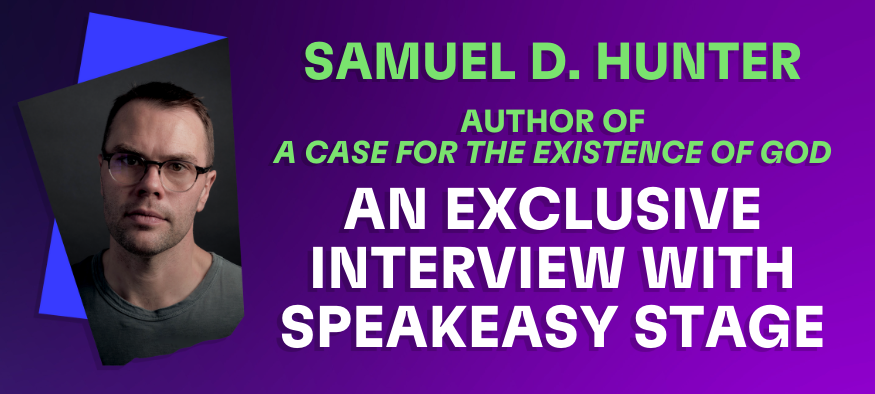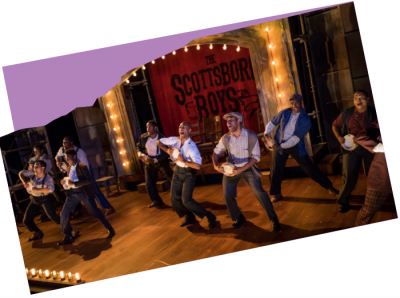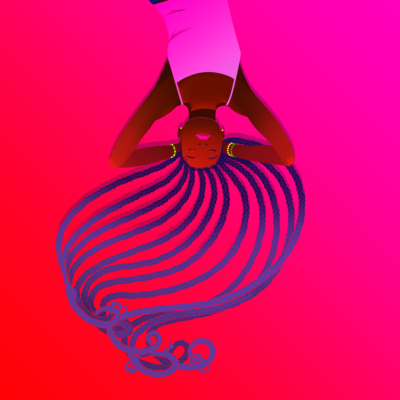Your donation sets the stage for a new season of Boston's most intimate, entertaining and provocative plays and musicals. Our shows make powerful connections with our audiences-- and they are only possible because of you.
“A Hard-Won Hope”–Samuel d. hunter on “A Case for the existence of god”




“A Hard-Won Hope”–Samuel d. hunter on “A Case for the existence of god”
In this exclusive interview for SpeakEasy Stage, award-winning playwright Samuel D. Hunter shares the origins of A Case for the Existence of God, his thoughts on male friendship, and how this play makes a case for “hard-won hope.”
What was your inspiration for writing A Case for the Existence of God? (ACFTEOG)
A little over six years ago, my husband and I bought an apartment and adopted a child, pretty much right on top of one another. And it was staggering to me how difficult both of those processes were–these very normal, middle-class goals, to own property and have a family. I think it said something about our current moment, how difficult it is for so many Americans to lead middle-class lives. So I wanted to write a play that actively wrestled with that.
Tell us the thought behind the title. Why such an epic title for such an intimate play?
I know the title seems almost absurd, but that’s sort of the point–the audiences enter into this play under this almost impossibly large title, and they are met with two guys in a cubicle who spend the first twenty minutes talking about a relatively small home loan. So hopefully it puts the audience on the hunt–what exactly is this play up to? And hopefully, by the end, it meets the grandiosity of its title.
Do you see ACFTEOG as a religious play? A spiritual play? How would you describe it?
I don’t know if I would call it religious, but I think it’s spiritual in the sense that it’s about searching for greater meaning in a deeply complicated present moment. I recently was able to see a production of the play in the Netherlands, and I met a Dominican monk afterward who told me he felt the play was about grace. And I think he’s right.
You set most of your plays in your native Idaho. Why is Idaho the correct setting for your work?
I grew up in Idaho and my family is still there, and has been there for quite a while. So obviously I feel connected to it. But–at risk of sounding pretentious– I think it’s become a really useful “canvas” as it’s a way of writing about a huge swatch of America, much bigger than just Idaho, that rarely gets represented on our stages and screens. So hopefully, in its specificity, it finds a kind of universality.
What was your experience growing up in Idaho? Do you go back regularly?
I do as much as I can, though I joke now that living in New York City, it’s far easier for me to get to Europe than it is to my hometown. But I usually go at least once a year; and nowadays, my husband runs a playwright’s residency in Sun Valley, so we go there with some frequency as a family. There were a lot of amazing things about growing up there–access to nature, small-town community. But it’s also fairly homogeneous and isolated. And being a gay kid there was tricky. So I think that complicated relationship with Idaho shows up in my plays.
You have been a parent for some time now. How has your experience of being a parent altered or enhanced your experience/appreciation of ACFTEOG?
I started writing the play when my daughter was still an infant, and now she’s six. So when I read or see the play now, I feel a sense of optimism or gratitude, I guess. But also the reminder that her childhood is happening so, so fast. One of the characters late in the play says something along the lines of “I just want to hit pause on everything” and I’m definitely feeling that nowadays.
What do you see as the unique challenge and/or unique joy of fatherhood?
I think that now I’m a father, I don’t have the luxury of being cynical. Cynicism is easy and fashionable and perversely comforting, and you see it absolutely everywhere nowadays. But I can’t usher my kid into a cynical world. And that’s difficult work!
Do you have a favorite quote or piece of advice about fatherhood or parenting that you have embraced?
I think it’s just the idea that your kid is your kid is your kid. Don’t try to change who they are. You can guide them but you can’t fundamentally change who they are.
Was it difficult to write a play about male friendship? Why do you think it is so rare to see male friendships depicted onstage or in movies?
Something that really bothers me about depictions of male relationships in our media is that we have an expectation that they are either going to punch each other or have sex. And I think that’s a real disservice to young men, teaching them that any kind of platonic male love is impossible. It’s a real reflection of the kind of toxic masculinity that is still so, so predominant in our culture.
What do you hope people take away from seeing this play?
I always hope that my plays have some utility for audiences, something that is useful or applicable to their own lives. With this one, I really hope the audience leaves with a sense of hope. But a kind of hope that isn’t twee or simplistic, a kind of hope that is complex and hard-won.
 Past Productions
Past Productions LAUGHS IN SPANISH
LAUGHS IN SPANISH PRU PAYNE
PRU PAYNE ain't no mo'
ain't no mo' a man of no importance
a man of no importance JAJA’S AFRICAN HAIR BRAIDING
JAJA’S AFRICAN HAIR BRAIDING




